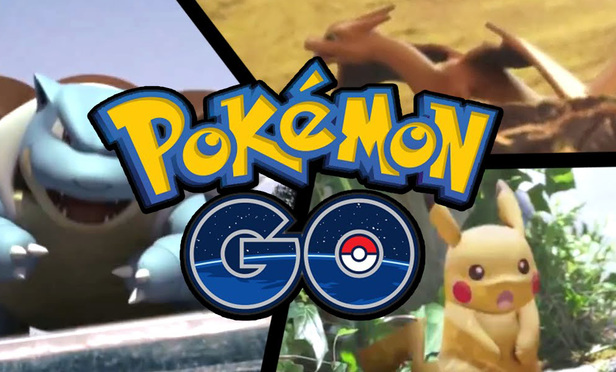Pokémon Go—the new free-to-play augmented-reality app—is capturing the nation’s attention, sending Niantic Inc.’s valuation soaring and players over cliffs, literally and figuratively.
Within the first week of its release, it had already garnered 21 million users in the United States alone. The location-based game has received praise for getting people out of the house and harsh criticism as a nuisance and for its role in accidents. The game raises a litany of legal questions—among them, whether players can hold the game developers at Niantic liable if they walk off cliffs, crash their cars, illegally cross the border or happen upon a land mine while trying to catch ‘em all.
This content has been archived. It is available through our partners, LexisNexis® and Bloomberg Law.
To view this content, please continue to their sites.
Not a Lexis Subscriber?
Subscribe Now
Not a Bloomberg Law Subscriber?
Subscribe Now
LexisNexis® and Bloomberg Law are third party online distributors of the broad collection of current and archived versions of ALM's legal news publications. LexisNexis® and Bloomberg Law customers are able to access and use ALM's content, including content from the National Law Journal, The American Lawyer, Legaltech News, The New York Law Journal, and Corporate Counsel, as well as other sources of legal information.
For questions call 1-877-256-2472 or contact us at [email protected]



